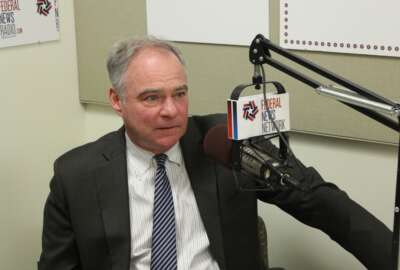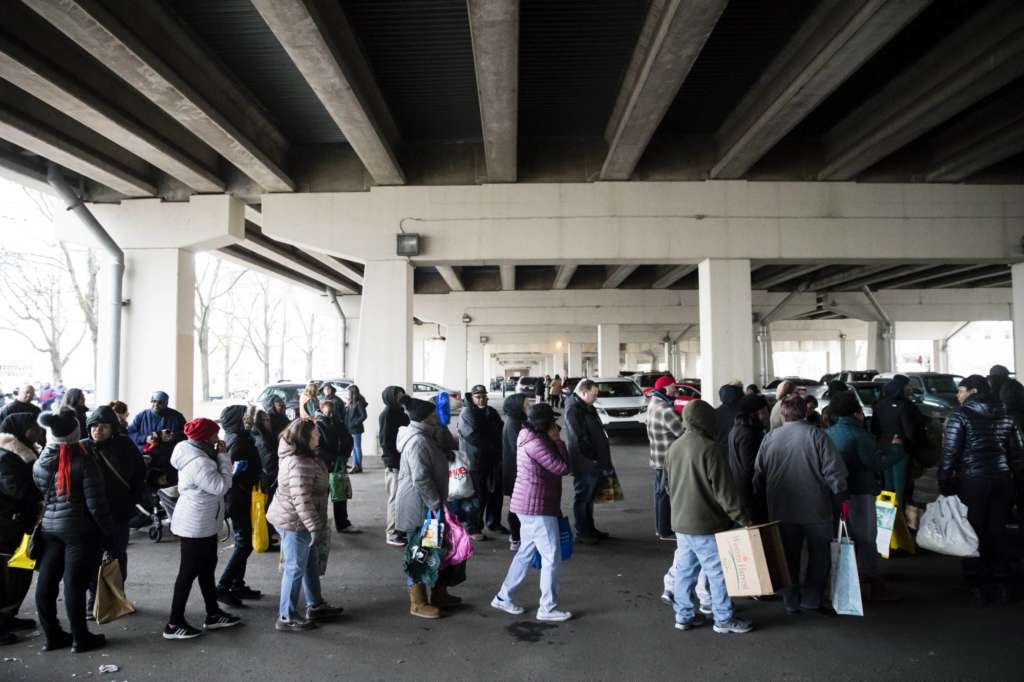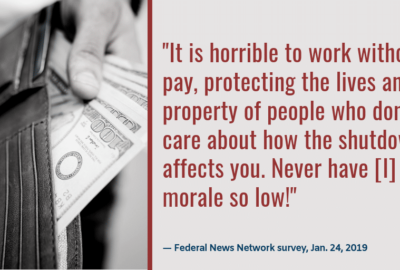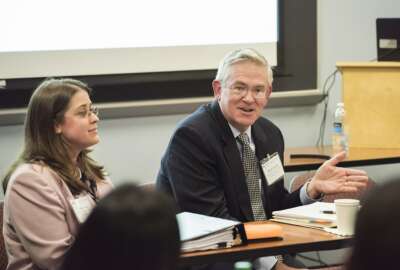
Excepted? Don’t hate your furloughed colleagues
Our survey reveals a sense of resentment of the furloughed by those forced to work.
In following and covering the Great Shutdown of 2018-2019, I missed something big. Having covered the federal government since 1991, I thought I knew all about shutdowns and their effects on the people who endure them.
But our survey and the comments respondents made turned up a new and difficult twist. Namely, tension between excepted and furloughed employees. Everyone experienced going unpaid for a month. But among the excepted half who were forced to work, there’s resentment towards the furloughed.

People on furlough could lounge at home, go skiing, find a temporary paying job or apply for unemployment benefits. By contrast, imagine what it was like for a Transportation Security Administration screener looking at happy Christmastime travelers while having no idea when they would get their paycheck.
Plus, the excepted employees report working without much support — no computer help, no one in policy to answer questions, no one in Human Resources.
One respondent wrote, “Excepted employees are incredibly frustrated by the ‘free vacation’ furloughed employees are receiving.”
The only benefit to the exempted is they can join one of the class action lawsuits. If they win, they’ll get damages of $7.25 for each hour they worked unpaid.
This understandable resentment is going to be a problem in offices across the government. Managers and top leaders are going to have to acknowledge it and deal with it.
No one self-selected whether they were furloughed or excepted. Furloughed people had no more choice about working then the excepted. So the resentment is an emotional thing, not a rational one. But rationale alone never subdues emotion. If you get stung by a bee, the bee, with a brain the size of a sesame seed, has nothing against you personally. Yet, enraged, you slap the hell out of it.
One way to dissipate the resentment is to acknowledge it. Don’t gloss over it. Give people space to talk about it. At some point they’ll have to get over it. That’ll happen faster if it dries out in sunlight, so to speak.
Related Stories

Excepted employees say shutdown did irreparable damage to morale

Unaffected by shutdown, NNSA pushing ahead with hiring drive
Numerous stories have purported to show the economic damage from the shutdown. In reality it had no material effect on the greater economy. The real effects of such a long shutdown are within individuals: Unpaid feds, owners and employees of small businesses, and the sense that a sure thing, such as your federal job or your federal customer, isn’t so sure after all.
Facing the effects, acknowledging them, and talking about them will get people past them. It’s only been a week. And that week has included weather that induced yet another off day and one day of delayed opening. As the late The New Yorker editor William Shawn said, “It takes as long as it takes.”
Copyright © 2024 Federal News Network. All rights reserved. This website is not intended for users located within the European Economic Area.
Tom Temin is host of the Federal Drive and has been providing insight on federal technology and management issues for more than 30 years.
Follow @tteminWFED




